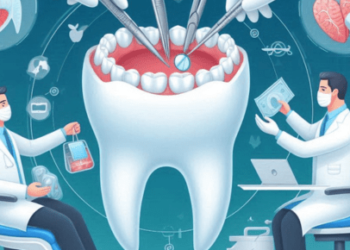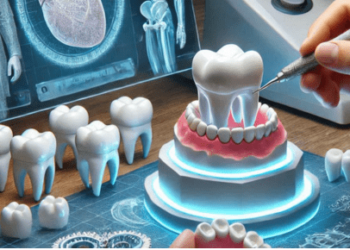The role of an oncologist extends far beyond just medical treatments. As a radiation oncologist surprise may sound, treatment is only part of the journey. Advocacy for and support of patients are among the vital roles of oncologists. This is because cancer doesn’t just attack the body. It also brings emotional, psychological, and social challenges. Oncologists are uniquely placed to offer much-needed support in all of these areas. In this blog, we will explore the crucial role of oncologists in patient advocacy and support.
Oncologists as Advocates
Oncologists do more than prescribe chemotherapy or perform surgeries. They inform patients about their illness. They help them understand their condition. They guide them through the medical system. This is advocacy.
Oncologists as Supporters
Support comes in different forms. It can be emotional. It can be psychological. It can be social. Oncologists offer these forms of support. They listen. They empathize. They encourage. They connect patients with resources. They help patients cope. This is support.
Oncologists as Coordinators
Oncologists coordinate care. They work with other healthcare professionals. They ensure seamless care. They avoid unnecessary overlaps. They prevent gaps in care.
Key Roles of Oncologists in Patient Advocacy and Support
| Role | Description |
| Advocate | Guide patients through the medical system. |
| Supporter | Provide emotional, psychological, and social support. |
| Coordinator | Ensure seamless care by working with other healthcare professionals. |
Oncologists and Patient Empowerment
Oncologists empower patients. They equip them with knowledge. They involve them in decision-making. They respect their choices. This is empowerment. The National Cancer Institute has a wealth of resources on patient empowerment.
Conclusion
Oncologists play a vital role in patient advocacy and support. They do more than just treat cancer. They advocate. They support. They coordinate. They empower. They make the cancer journey less daunting.
















